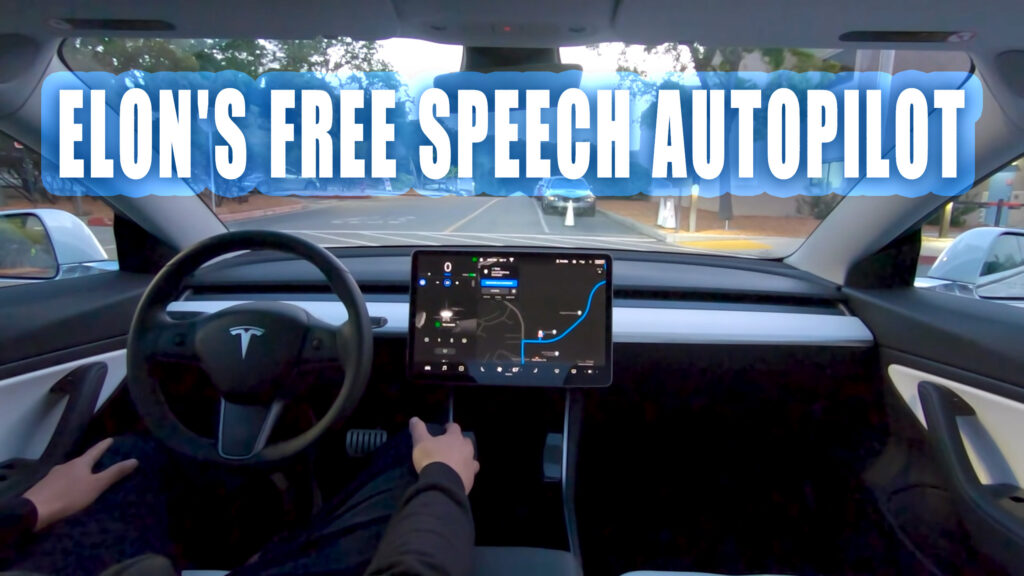Tesla is arguing that the California Department of Motor Vehicles (DMV) had an opportunity to object to the names “Autopilot” and “Full Self-Driving” when they were released in 2014 and 2016 respectively, so the regulator shouldn’t be able to penalize it over accusations of false advertising today.
Last month, the California DMV filed a motion accusing Tesla of misleading customers with its claims regarding its advanced driver assistance systems. The DMV took issue with the company’s statements that “the system is designed to conduct short and long-distance trips with no action required by the person in the driver’s seat.”
In reality, both systems require the driver to be capable of taking over driving duties at a moment’s notice and to demonstrate their attentiveness by periodically touching the steering wheel.
In response, Tesla is arguing that the DMV missed its opportunity to do something about this situation, reports the LA Times. It supports that the department investigated its use of the “Autopilot” name in 2014, and of other phrases in 2017, and did not reject them.
“The DMV chose not to take any action against Tesla or otherwise communicate to Tesla that its advertising or use of these brand names was or might be problematic,” Tesla argued in a filing with the state Office of Administrative Hearings.
Therefore, it says that it “relied upon Claimant’s (the DMV’s) implicit approval of these brand names.” In addition, the automaker claims that the DMV’s false advertising rules for autonomous vehicles could “impermissibly restrict constitutionally protected speech,” because it feels that its language is non-misleading.
The effectiveness of that argument will be of dire importance to Tesla. If the DMV wins its case, the automaker’s California manufacturer’s license could be revoked, and it could be required to pay restitution to those who have “suffered financial loss or damage.”





